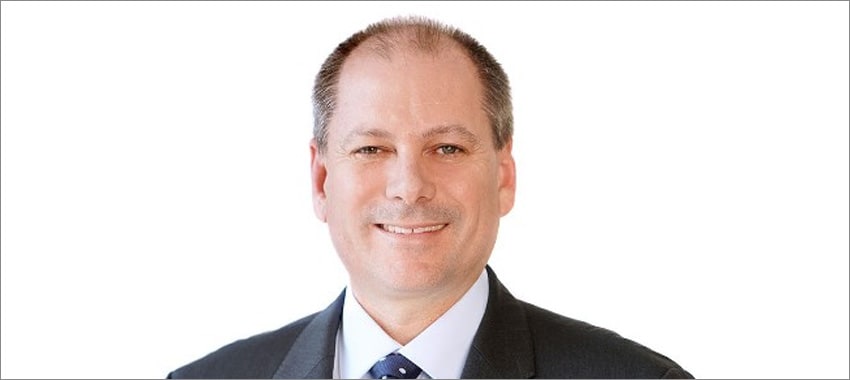
The major bank has reported that broker-originated loans continued to grow in 1H24.
In its financial results for the six months to March 2024 (1H24), Westpac Group (Westpac) has shown that mortgage brokers have settled 61.4 per cent of new mortgages during this period.
The proportion of new mortgages written through the propriety channel was 38.6 per cent, down from 42.7 per cent and 46.4 per cent, according to the group’s financial results in the 12 months to September 2023 (2H23) and the six months to March 2023 (1H23), respectively.
This comes as another big four bank – NAB – recently revealed that 64.9 per cent of its $39 billion in new home lending was lodged by brokers in 1H24.
In addition, the increase in Westpac Group’s broker flows coincided with data released by the Mortgage & Finance Association of Australia (MFAA), which revealed that 71.8 per cent of all new residential home loans were written by mortgage brokers between October and December 2023.
The group revealed that its total mortgage book increased by $51 billion over the half to $495.2 billion, down from the 2H23 figure of $59.6 billion.
Westpac reported that 67.8 per cent of its total mortgage portfolio was owner-occupier loans (up from 67.1 per cent in 2H23), while investment property loans made up 32.1 per cent during this period. First home buyers made up 13.7 per cent of its total mortgage portfolio.
Furthermore, according to Westpac Group’s chief financial officer Michael Rowland, portfolio competition has shifted with 99 per cent of new mortgages flowing into variable rates during the half, with its portfolio now at 85 per cent variable rate, up from the “COVID-19 low of 60 per cent”.
“While we passed the peak of fixed rate mortgage expiries in 2023, $37 billion of fixed rate loans expire this half. We are particularly pleased that proactive strategies saw retention of approximately 90 per cent,” Rowland said.
Westpac’s chief executive Peter King said that the group had grown its major Australian segments “in a disciplined way” with mortgages and deposits increasing by 5 per cent and business lending increased by 9 per cent over the year.
“The impact of competition on mortgage margins moderated this half,” King said.
Economy ‘proving resilient’
On the banking group’s economic outlook, King acknowledged that Australians are “doing it tough” as a result of higher interest rates and cost of living.
“While we’ve seen an uptick in stress in our loan books, this is to be expected given the large increase in interest rates, high inflation, and taxation. We remain appropriately provisioned and with a strong balance sheet, are in a good position to help customers,” he said.
Indeed, Westpac revealed that 90-plus day arrears have increased to 1.06 per cent during the half, however, Rowland said that most have been “able to adjust to higher repayments” with many maintaining buffers above their scheduled repayments.
King said: “Overall, the Australian economy is proving resilient. While economic growth has slowed, unemployment remains low by historical measures. We believe the economy is on track for a soft landing and, if this happens, this will be good news for many Australians.
“However, this scenario is not certain. While inflation has fallen, getting it down to target range is proving difficult globally and here in Australia. It is likely interest rates will stay higher for longer.”
[RELATED: Nearly 2/3 of NAB’s mortgage flows come from brokers]

